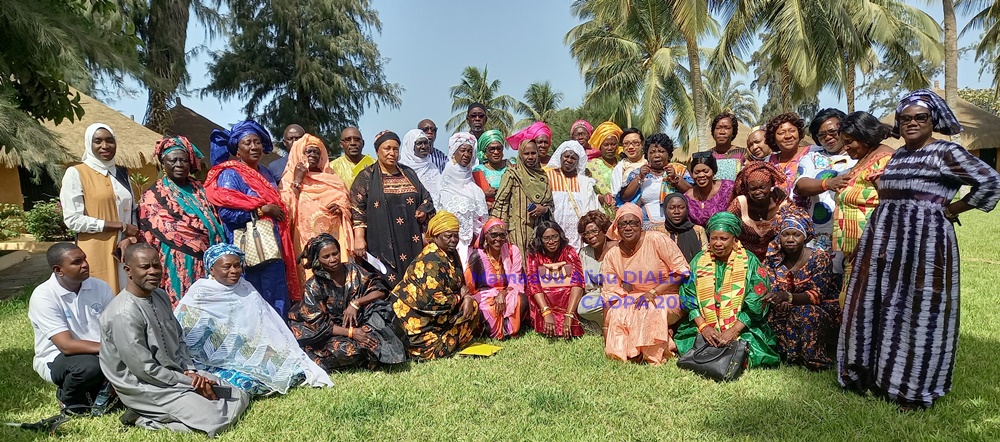The year 2022 has been declared by the United Nations General Assembly as the “International Year of Small-scale Fisheries and Aquaculture”. This is a great opportunity to help professionals of this sector to improve their living and working conditions, and to make them more visible.
Thus, from 24 to 25 May 2022, the African Confederation of Professional Organizations of Artisanal Fisheries (CAOPA) in partnership with the Food and Agriculture Organization of the United Nations (FAO) organized in Saly, Senegal, a training workshop for women fish processors on the use of FTT ovens.
Objective: Strengthening their capacity in fish and aquaculture product safety, post-harvest loss reduction, fish handling and processing, with a focus on the use of FTT.
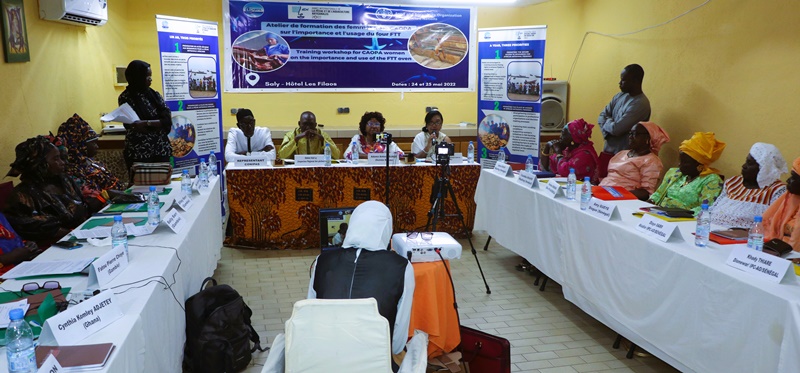
The event brought together some thirty participants from Côte d’Ivoire, Senegal, Gambia, Ghana, Guinea, Togo, Mauritania and Mali.
Difficult working conditions for women processors
For the vice-president of CAOPA, the use of traditional ovens causes a series of problems related to hygiene, the quality of the finished product, the health of women and consumers.
According to Antonia Adama Djalo, traditional smoking is not an attractive opportunity for women. “Working for more than twelve hours in unhygienic sites, in the heat, and the smoke emanating from ovens irreparably damages eyes and lungs of women, not to mention the risk of severe burns. Who would want that kind of life?
Antonia Adama Djalo
Mrs DJALO also underlined the consequences of traditional smoking practices on the coastal environment. “They lead to excessive consumption of wood for smoking, high post-catch losses that are a waste of fisheries resources, pollution, deforestation and environmental degradation,” says CAOPA’s number 2.
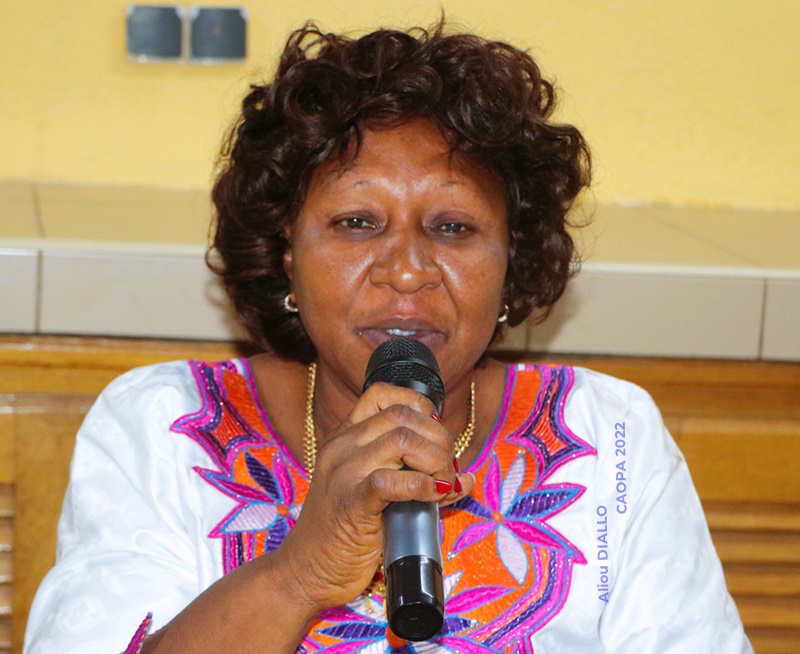
On behalf of the National Interprofessional Council of Artisanal Fishing in Senegal (CONIPAS), Gaoussou Gueye, also president of CAOPA, welcomed the initiative to disseminate FTT ovens during this year of IYAFA 2022. According to him, “for a long time, during several hours of work, our mothers, our sisters, our aunts, suffered a lot from the smoke”.
Today, says Mr. Gueye, “We have an FTT oven that will improve the working conditions of this group of women.
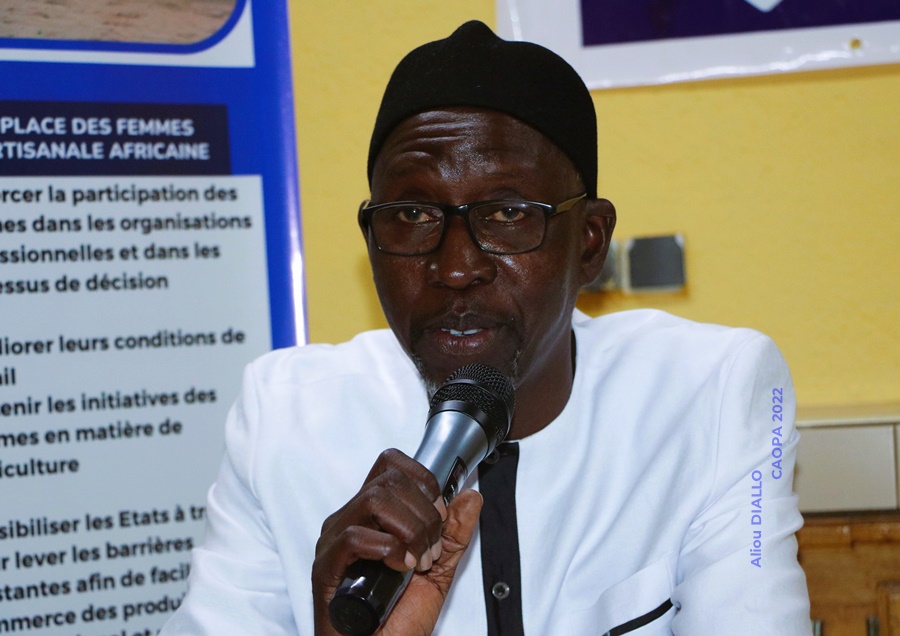
But much remains to be done by States. It is not enough to simply bring in ovens for processing. The CONIPAS representative criticizes: “If we have ovens without suitable sites for processing (lack of water, toilets, electricity, where access is difficult, children are not in school, etc.), it is not enough.
With the help of FAO, there is hope that the Voluntary Guidelines for Sustainable Small-scale Fisheries will lead to a significant improvement in the working conditions of women in the sector.
For his part, the Regional Fisheries Inspector of Thiès recognised the primordial place and determining role of women in the artisanal fishing sector. Mr Abdoul Aziz Ly said: “As fish is becoming increasingly scarce, we need to improve their working conditions and quality in order to earn as much money as possible. You see the conditions in which they work: in smoke, dust, with extremely limited means.
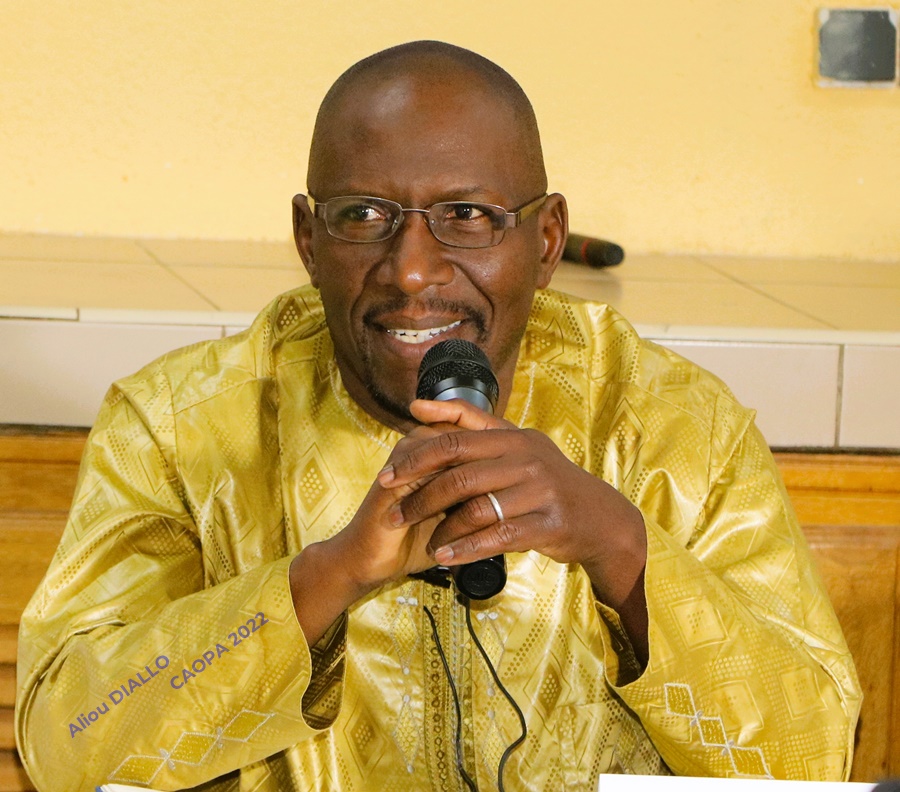
According to him, it has become a priority to support women to work in conditions of performance, which can ensure the safety of food and the health of the processors. Especially since the profits from their activity contribute significantly to reducing poverty.
How can the working conditions of women processors be improved?
One of the solutions is through FTT ovens. And the FTT oven (or FAO-Thiaroye fish processing oven) was designed at the National Training Center for Fisheries and Aquaculture Technicians (CNFTPA) in Senegal, in partnership with FAO.
It has been developed from existing improved kiln designs and new technology that promotes the use of locally available accessories, suitable for artisanal processing operations.
The FTT ovens were designed at the National Training Center for Fisheries and Aquaculture Technicians (CNFTPA) in Senegal, in partnership with FAO. The oven was developed from existing improved oven models and a new technology promoting the use of locally available accessories, adapted to artisanal processing operations.
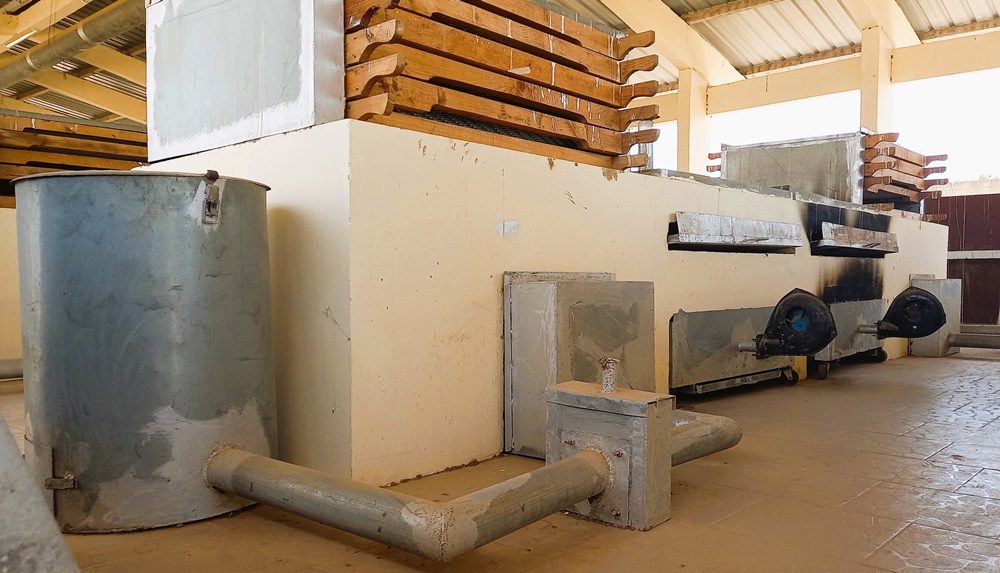
The FTT ovens have provided a relevant solution in terms of product quality, the environment, with a reduction in the use of wood fuel, and health, with less exposure of women to smoke. This technique is in line with sustainable development and the desire to empower women.
“Of course, the FTT oven will not solve all the difficulties women have in accessing markets… But the FTT oven is an essential element in our strategy to improve your living and working conditions, and to improve the supply of consumers in our countries,” emphasizes Antonia Adama DJALO.
The FAO representative at the workshop said: “This training is a unique opportunity that will further strengthen the joint efforts of FAO and CAOPA in promoting improved smoking ovens such as FTTs that are environmentally friendly, gender sensitive and inclusive of women, and contribute to the economic development of fisheries operators.
On behalf of the FAO, Ms. Aina Liantsoa Randrianantoandro reiterated its commitment to continue providing technical and financial support to improve the working and living conditions of artisanal fisheries and aquaculture actors, including women who constitute a significant majority.
A fisheries post-harvest specialist in the Fisheries and Aquaculture Division of FAO Rome, Ms Randrianantoandro recalls that since 2008, FAO has been promoting and trying to disseminate the adoption of FTT ovens.
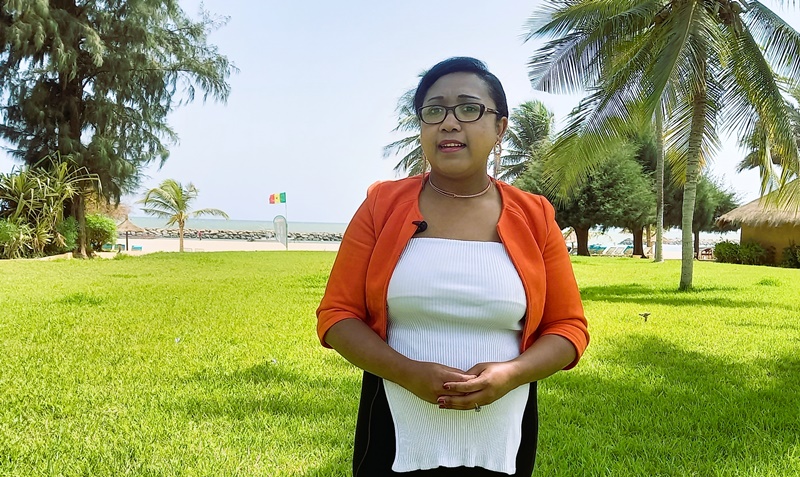
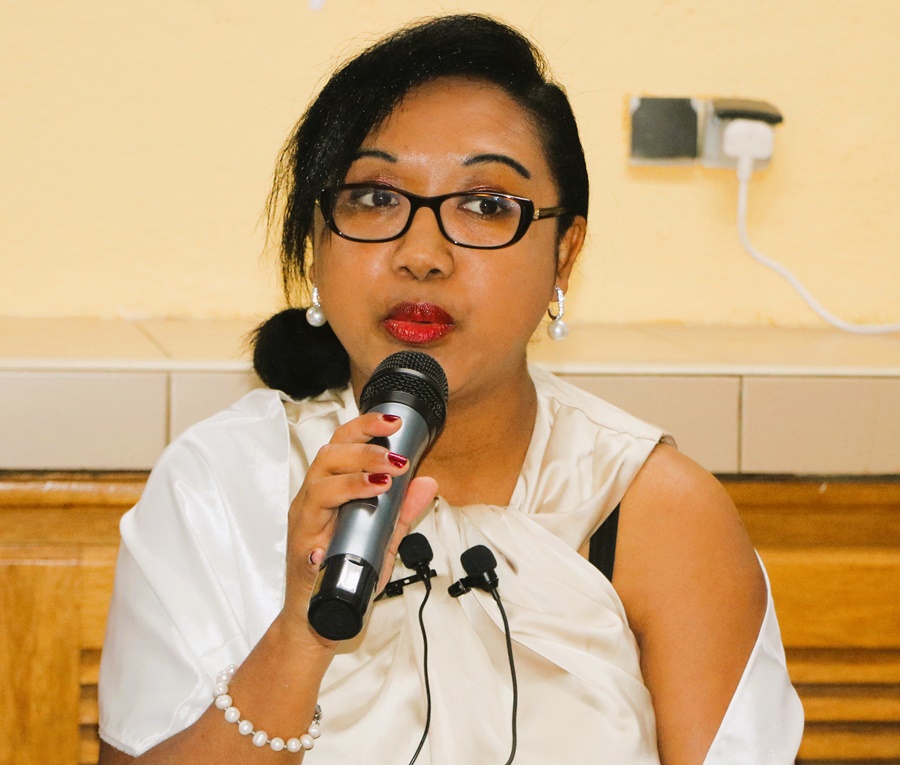
As the Vice President of CAOPA also pointed out, ‘FTT is not a panacea. You don’t solve all the problems of post-capture, or fish processing with FTT.
Other aspects of the value chain should also be considered, such as hygiene practices, problems related to fish scarcity, linkages between fishers and fish processors, marketing challenges, illegal, unreported and unregulated fishing, etc.
“Nevertheless, it remains true that with the introduction of the FTT within fishing community can be a pillar, a driving force for building a sustainable fisheries sector,” concludes Aina Liantsoa Randrianantoandro.
It should be noted that the training was provided by Mrs. Ndiaye Seynabou CAMARA, a fisheries and aquaculture engineer, consultant, trainer and fisheries product development.
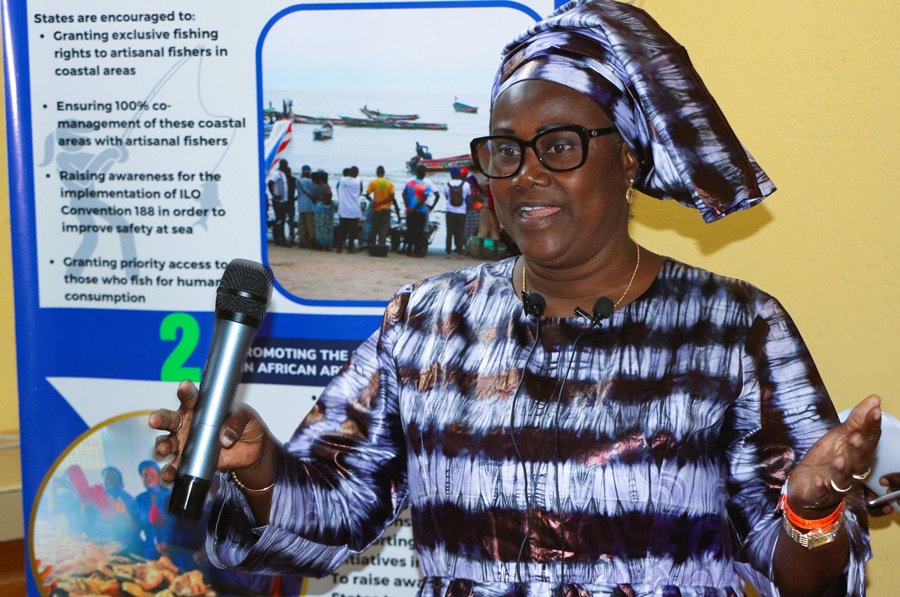
The training focused on four modules, including: the dangers associated with the artisanal processing of fishery products, good processing practices, raising awareness of product spoilage, and presentation of the FTT oven and recommendations for its dissemination.
An immersion of the artisanal processing site of Mballing (Mabour) was made. Participants had the opportunity to see how the FTT kilns work.
Aliou DIALLO


